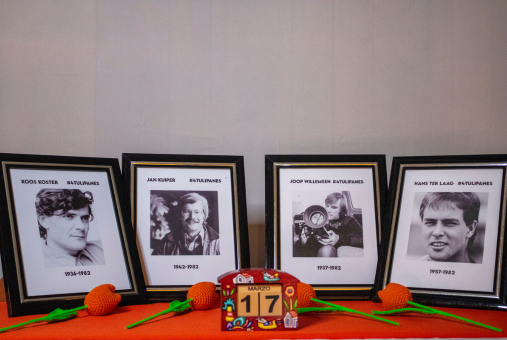
A Salvadoran court sentenced three former officers to 15 years in prison for ordering an ambush that killed four Dutch journalists during the civil war. It’s the first time a crime of humanity documented by the UN Truth Commission has led to a conviction in El Salvador.
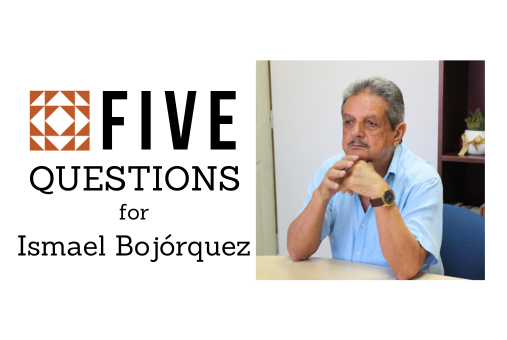
On the 8th anniversary of the murder of journalist Javier Valdez, his colleague and co-founder of the weekly Ríodoce, Ismael Bojórquez, talks about how conditions for practicing journalism have worsened amid a war between criminal groups.
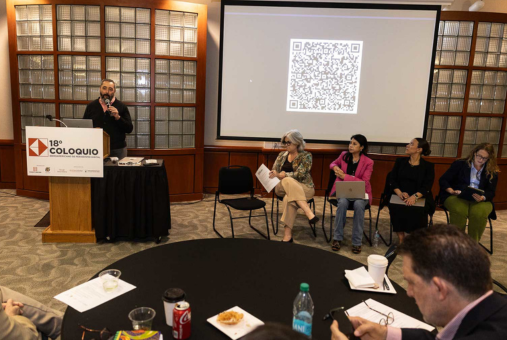
Researchers from the Worlds of Journalism Study examined safety, editorial freedom, and pressures facing journalists in 11 Latin American countries. At the Iberoamerican Colloquium on Digital Journalism in Austin, they shared findings from Costa Rica, El Salvador, and Mexico.

Clarice Herzog, 83, fought for decades to prove her husband was murdered under Brazil’s dictatorship. But his killers remain unpunished.

The fund was established after journalist Jineth Bedoya won a lawsuit after she was tortured and sexually abused for her reporting. It aims to support prevention efforts and helps female journalists who survive violent attacks.

Participants of a cross-industry meeting in Mexico City emphasized the importance of collaboration, a global community, digital literacy and public support for journalism.

The connection between press freedom and the many challenges facing the planet – including climate change – is the theme for the 2024 World Press Freedom Day. Under the motto “A Press for the Planet: Journalism in the face of the environmental crisis,” May 3 arrives with discussions on how to guarantee journalists’ work as well as strategies to confront disinformation and denial of climate change.

Journalists reporting in Slovakia, Haiti, Nigeria and Ukraine shared at the 25th International Symposium on Online Journalism about attacks on press freedom due to their coverage of corruption and violence.
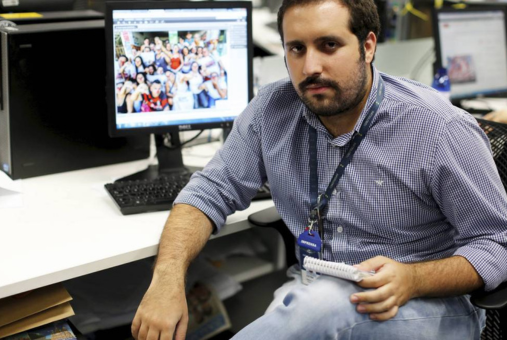
Covering executions committed by police officers, how former members of the force become professional killers, and how they form organizations comparable to the mafia: this is the specialty of Rafael Soares, a 32-year-old reporter from the newspapers O Globo and Extra who says he does not feel fear. After the podcast "Pistoleiros," he has just released his first book, "Milicianos."

Argentine journalist Carlos Lauría will take over as executive director of the Inter American Press Association on Nov. 12. In an interview with LJR, he spoke about the challenges that lie ahead and his goals in supporting press freedom and media empowerment in the region.
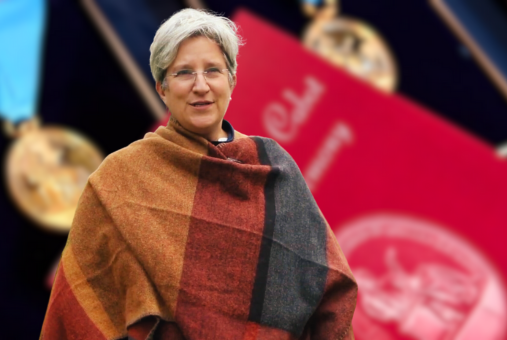
Despite physical and digital violence, polarization and verbal attacks by people in power that Mexican journalists currently face, 2023 Cabot Prize award winner Alejandra Xanic told LJR not to give in to fear. Rather, she advised evaluating risks and carrying out collaborations to continue doing investigative journalism.
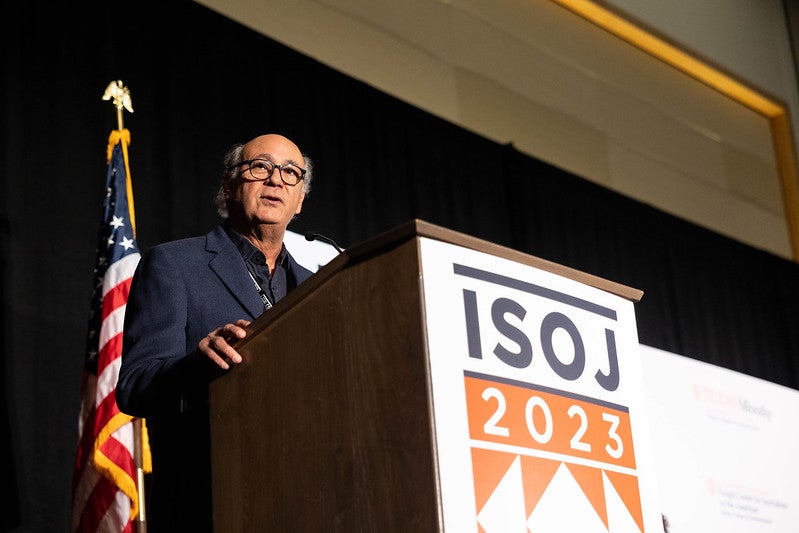
Journalists who have experienced exile around the world gathered at the International Symposium of Online Journalism (ISOJ) in Austin on April 15 to talk about how they continue to report on their home countries and what they need from lawmakers, nonprofits, and citizens to support them.